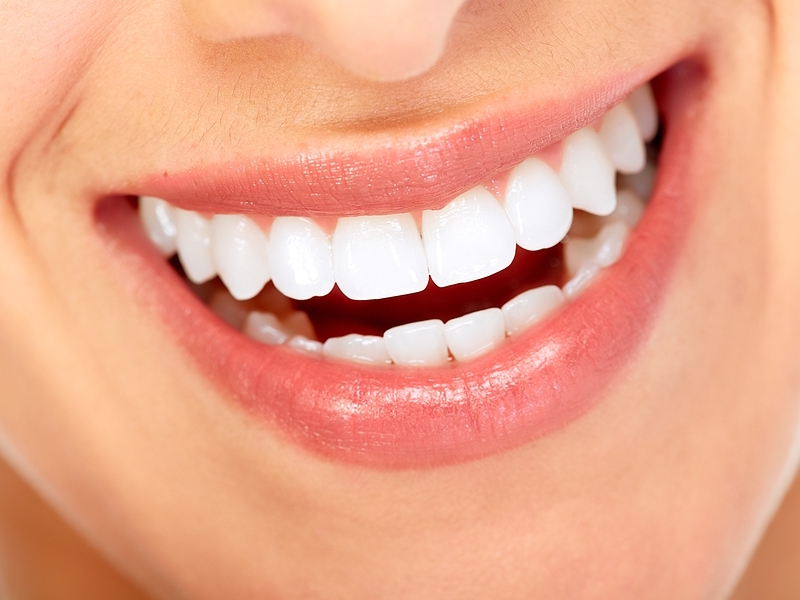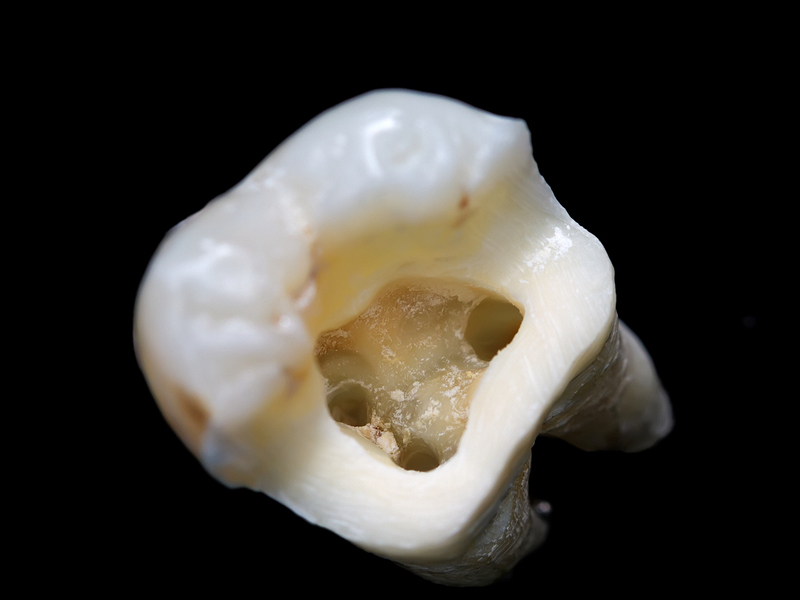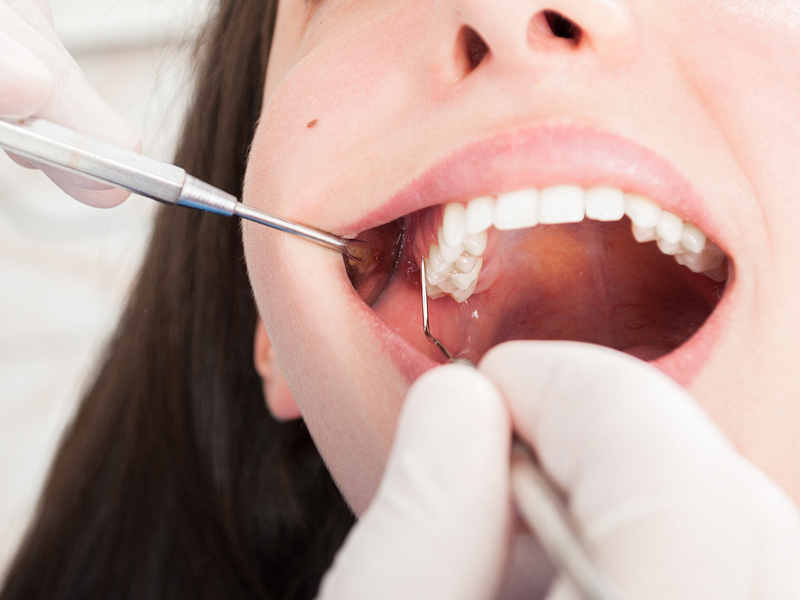If you’ve ever visited a grocery store dental aisle, you know that there are many different types of mouthwash. Some tout their germ-killing abilities, others emphasize their fluoride content, and some claim to whiten teeth while freshening the breath. These are all great benefits, but will they help meet your oral care needs?
Many individuals wonder if daily mouthwash should be part of their dental routine. Brushing and flossing are the two critical habits that have the greatest impact on dental health, so if you’re doing these two things, is mouthwash necessary?
I’m Dr. Stephen Malfair of Love Your Smile – Dr. Stephen Malfair in Kelowna. When my dental patients ask about mouthwash, I tell them that as long as they follow the directions on the bottle, mouthwash may slightly benefit dental health, even if it doesn’t live up to every promise as touted. Rinsing with a mouthwash that contains fluoride can’t hurt your teeth, but allowing a bit of diluted toothpaste to stay on tooth surfaces after brushing probably has the same effect.
People who suffer from bad breath often believe that mouthwash can solve the issue. Actually, mouthwashes that contain alcohol can worsen the problem because they can cause dry mouth—a condition that can worsen bad breath. Mouthwashes without alcohol are often more effective for freshening breath. These products are often called fluoride rinses.
If you have severe bad breath, however, you should have your teeth checked out for plaque build-up. No amount of mouthwash can remedy a mouth full of plaque. If your teeth and gums are healthy and you still suffer from bad breath, it’s important to ascertain the cause. Bad breath can be an indication of a physical condition, so see your doctor soon.
Bottom line? Never substitute mouthwash for proper brushing and flossing. And if you use mouthwash, elect a brand that contains fluoride and no alcohol.
We like to tackle important issues such as dental products, cosmetic dentistry services, over-the-counter teeth whitening, sedation dentistry, invisible braces, pediatric dentistry, oral care habits, and more!
My practice, Love Your Smile – Dr. Stephen Malfair, provides quality dental care to our valued patients. If you are interested in making an appointment, please call us at 250-860-8900. A member of my caring staff can answer any questions you have about our services.
Call today!
Contact Love Your Smile – Dr. Stephen Malfair:
250-860-8900
Location (Tap to open in Google Maps):
301-1890 Cooper Rd
Kelowna, British Columbia
V1Y 8B7











